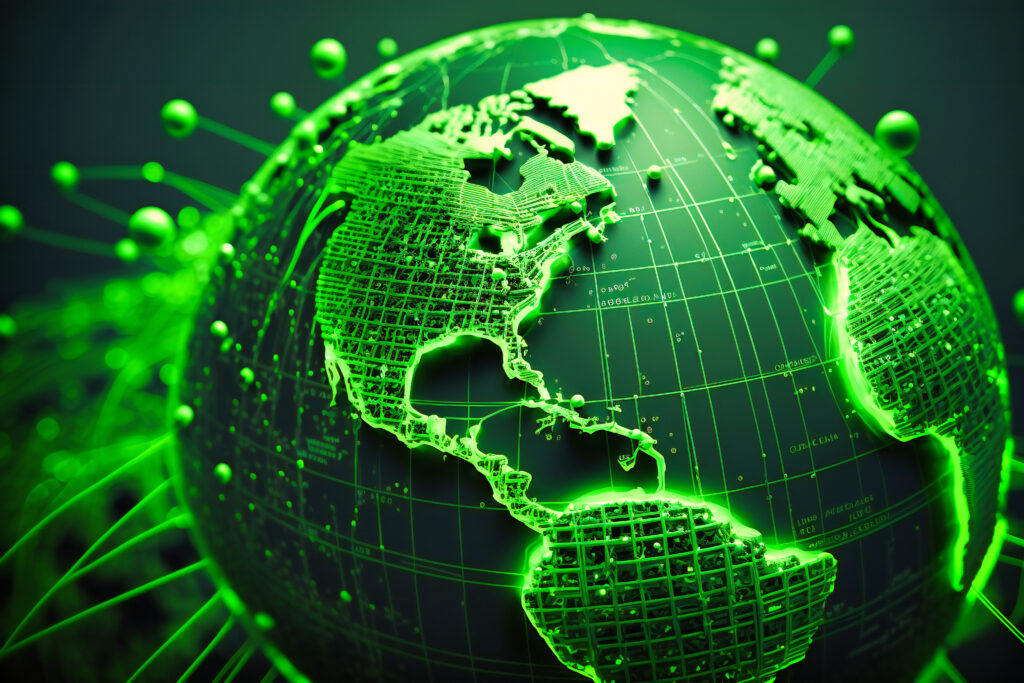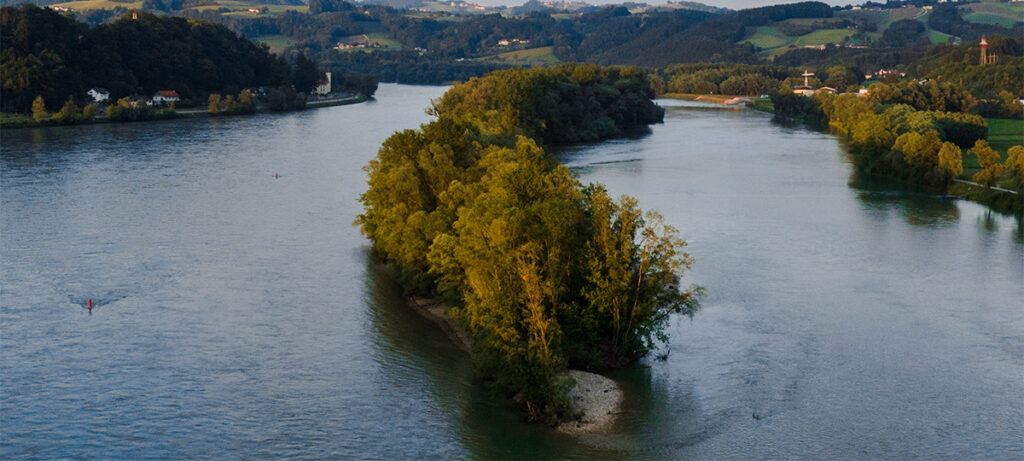Podcasts
Home | Anthropogenic pressures | Page 2
Since March 2022, LifeWatch ERIC has started broadcasting a regular series of podcasts on the Internal Joint Initiative, open conversations with key personnel within the infrastructure, the scientists behind the validation cases, and other Research Institutes who have benefited from our Tesseract technologies in their own investigation of biodiversity and ecosystems in Europe. Since then, the scope of LifeWatch ERIC podcasts has become progressively wider, and many episodes were released on a number of relevant themes connected to biodiversity and ecosystem research.
All episodes are available on this page, and are sortable by simply clicking on the categories listed below. As well as finding the podcasts below, you can also listen on the following platforms.





